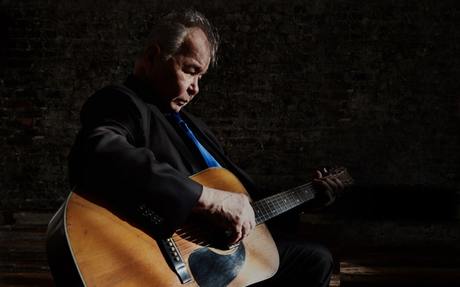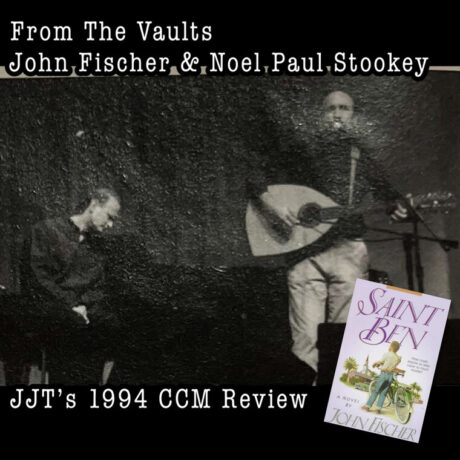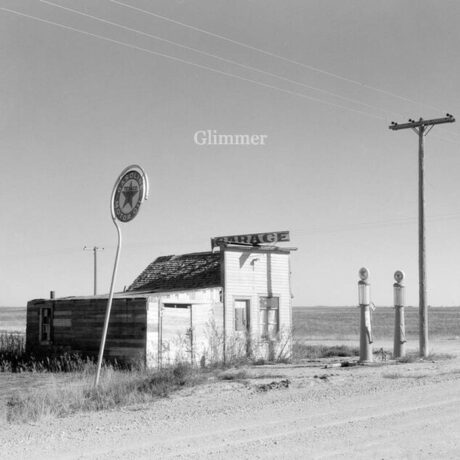John Prine, Willie Nelson, and Greeting the Grim Reaper
By JJT (written for ThinkChristian.net)
Mortality means different things to these weathered American masters.
There’s a strange symmetry between the impressive recent releases from two veteran masters. Willie Nelson’s Last Man Standing and John Prine’s The Tree of Forgiveness both dance with the daunting subject of human mortality. Together, they offer a reflection on the strange relationship we all have with death—and how faith might color it.
It’s not only his own 85 years that have Willie Nelson contemplating the end of life; most of his old running buddies have finished their races, while he is still out there on the road, cutting records and logging miles. It will come as no surprise to his fans to hear that Willie confronts the subject, for the most part, with lightness and good humor. The songs on Last Man Standing offer all of the theological depth of a buzzed uncle’s toast at a wedding.
In fact, a good toast might be the best parallel for the lyrical approach on the album. The cleverness is far more important than the content. “Heaven Is Closed” offers a particularly confusing bit of existentialism. “Heaven is closed, and hell’s overcrowded / So I think I’ll just stay where I am,” he sings over a winning Texas waltz.
On the title track, Nelson suggests that being the last man standing is certainly better than being dead, especially if you’re unsure about what’s waiting on the other side. On “I’ll Try To Do Better Next Time” he cites “the Good Book” and its instruction to love everybody, then promises to be reincarnated. On “Bad Breath,” a song that suggests Nelson might be at the point of recording every song idea that crosses his mind, he playfully admits to having some major dragon breath, which he blames on “puffing on this and sucking on that” before proclaiming that “bad breath is better than no breath at all.” And I thought Christian music had cornered the market on bumper-sticker lyrics.
But in the final analysis, Willie gets a pass. The songs here sound perfect. The production is flawless. The tone, across the board, is sincere and pitch-perfect. Sure, his theology is shallow at best. And with the exception of the vulnerable and sincere ballad “Something You Get Through,” the songs are more like the pleasantries people exchange than the heartfelt conversations shared during life’s most difficult moments. In considering his own mortality, Nelson is certainly choosing to whistle past the graveyard. Fortunately for us, the man has a knack for a good melody.
To continue reading this article please CLICK HERE




